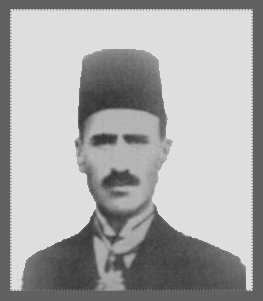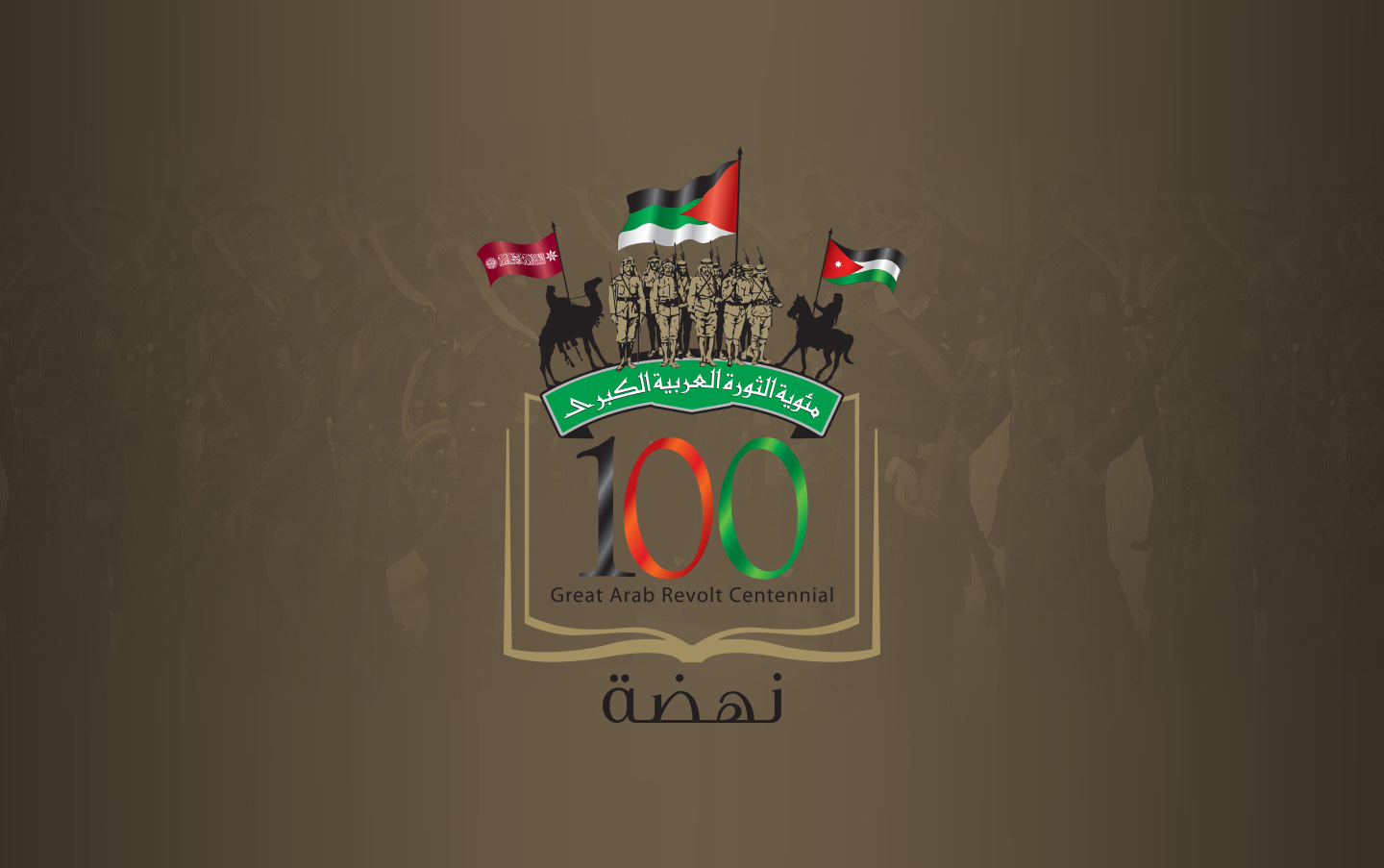
Fuad Al Khatib
One of the Arab figures who gained recognition during the Great Arab Revolt, Fuad Al Khatib belongs to a Lebanese family known for being versed in literature, science and jurisprudence. He was born in Shaheim town near Beirut in 1879-1880. Khatib received his elementary education at Tanius School in Choueifat, and continued his middle and high school education at Souk El Gharb College, before enrolling at the American University in Beirut.
During his university studies, he was known for his political activism and his talent in poetry and public speaking. In 1904, he participated in the Arab Syrian societies that called for granting Arabs their right to liberty. He graduated from university in 1904, during which he became a leading figure at the Arab Forum Society. After the Committee of Union and Progress led an uprising against Sultan Abdul Hamid II, an order for his arrest was issued, and he was sentenced to death in absentia over his anti-Union activities. As a result, he fled in secret to Egypt.
In 1916, after Sharif Hussein bin Ali launched the Great Arab Revolt, Khatib moved from Sudan to Mecca to work at the Arab Hashemite Government as editor of Al Qibla, the official newspaper for Arab governments in Hijaz. He also attended the peace conference in Versailles, France, in 1919. In that same year, he was appointed as secretary of foreign affairs in Faisal’s government in Damascus and continued in his post until the government fell after the French occupation in 1920. At the end of the year, he was summoned to Mecca to take over the foreign ministry in the Hashemite government of Hijaz, where he continued until 1924. Khatib then moved to Transjordan, where he continued to work in the Jordanian state. In 1926, he was appointed as counsellor to His Royal Highness Prince Abdullah, and he continued in this capacity until 1933.
Fuad Al Khatib wrote a number of articles and poems, and several of his lectures and seminars were published in newspapers and magazines. His most important writings include: Khatib’s Poetry Collection, The Conquering of Andalusia — a play in verse, The Heart of Arabic, The Geography of Arab Countries, History of Arab Literature, Examinations of the History of Jahiliyyah and its Literature (an unfinished manuscript), his memoires were not printed. Some of Khatib’s poems were published in Al Ahram and Al Muayyad newspapers, in addition to a large number of articles and lectures published in Arab newspapers and magazines that were not collected.

